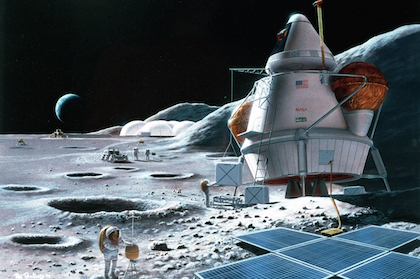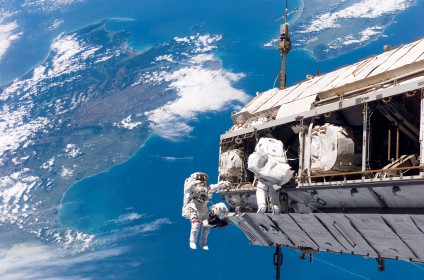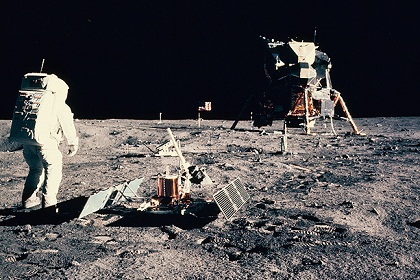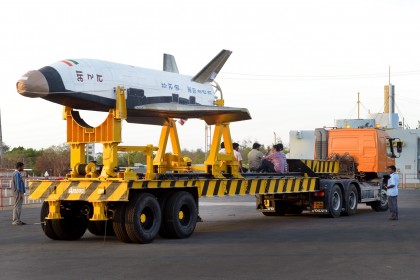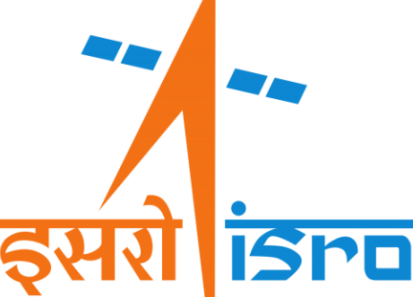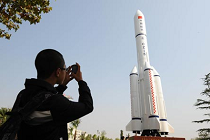Geopolitical territoriality on the moon
Ownership of lunar artifacts – objects left behind by space missions – will become a vexing issue as the international footprint on the Moon grows. Such archaeological objects may be designated ‘national heritage’, but the site on which they exist ought to remain ‘a global common’, and not become a point of territorial contestation. The Moon needs to be managed by global consensus, prudence and realism.

